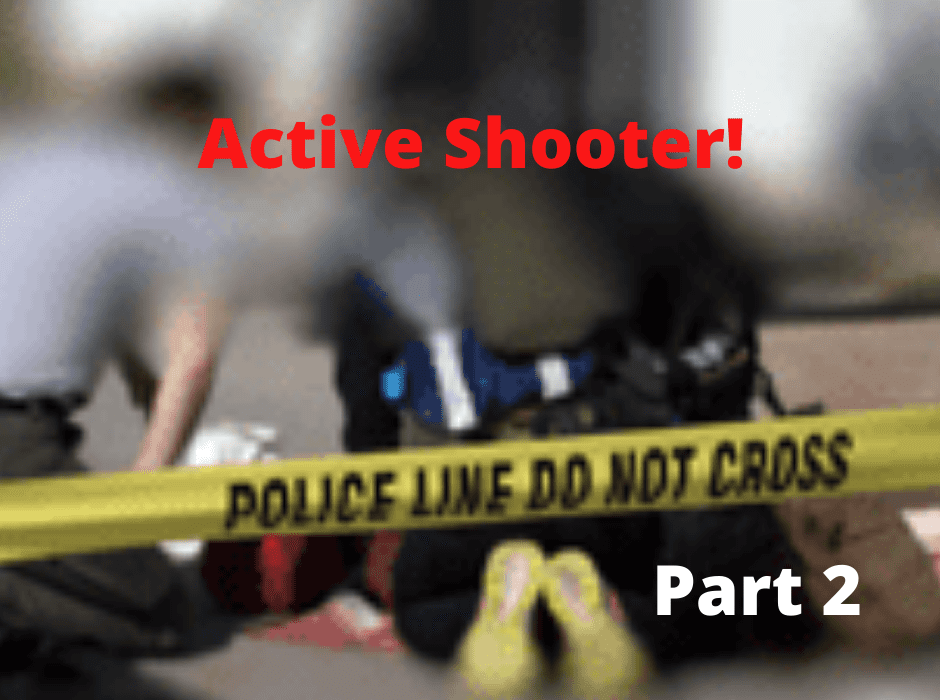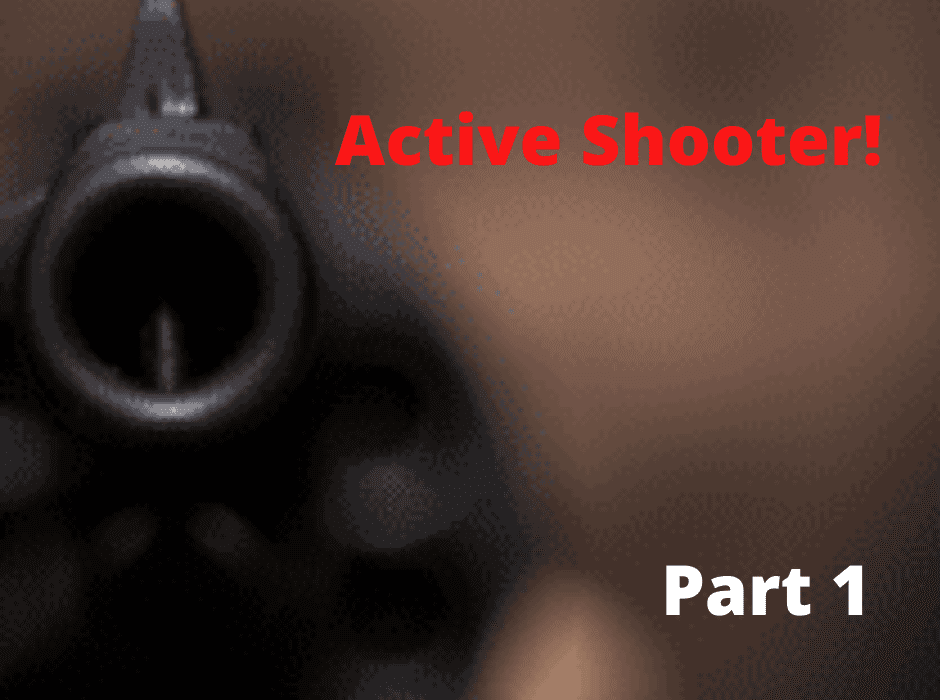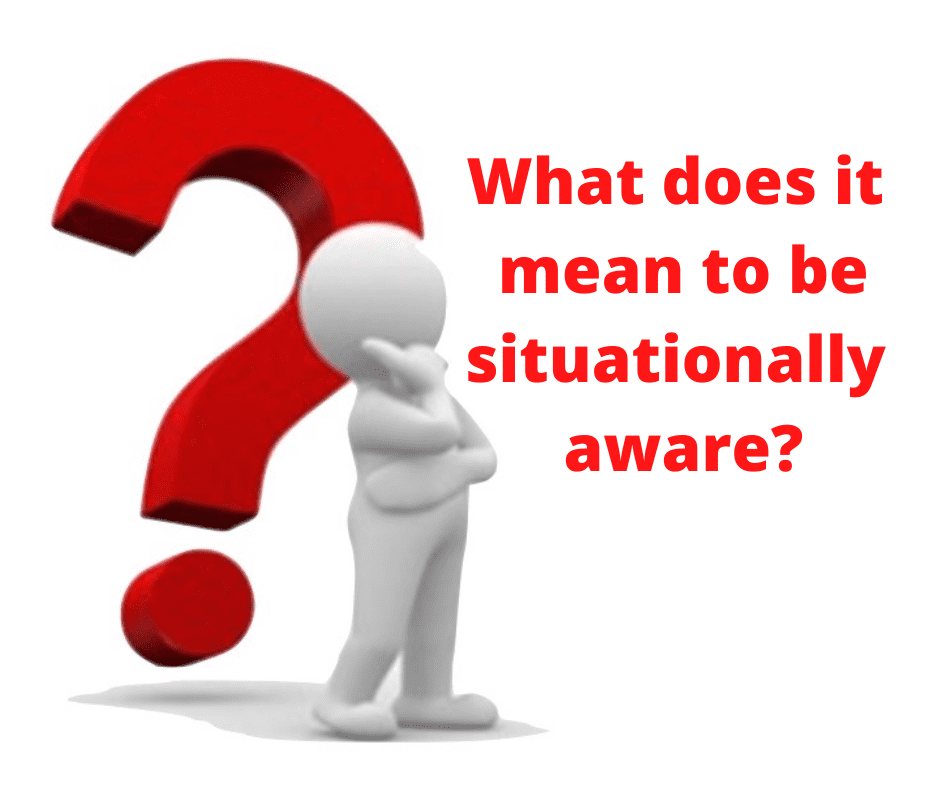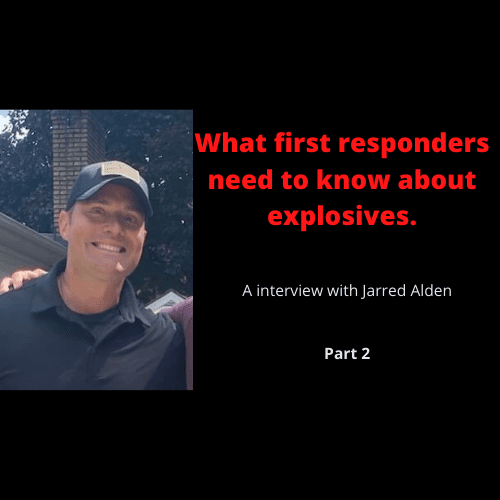EMDR Treatment for First Responders: Interview with Dr. Deborah Korn – 393
This episode is provides first responders a look into a treatment option for Post Traumatic Event Brain Injuries called Eye Movement Desensitization and Reprocessing (EMDR). Dr. Deborah Korn, PsyD, an internationally renowned pioneer and expert in EMDR Therapy and author of the book Every Memory Deserves Respect: EMDR the Proven Trauma Therapy with the […]
EMDR Treatment for First Responders: Interview with Dr. Deborah Korn – 393 Read More »










